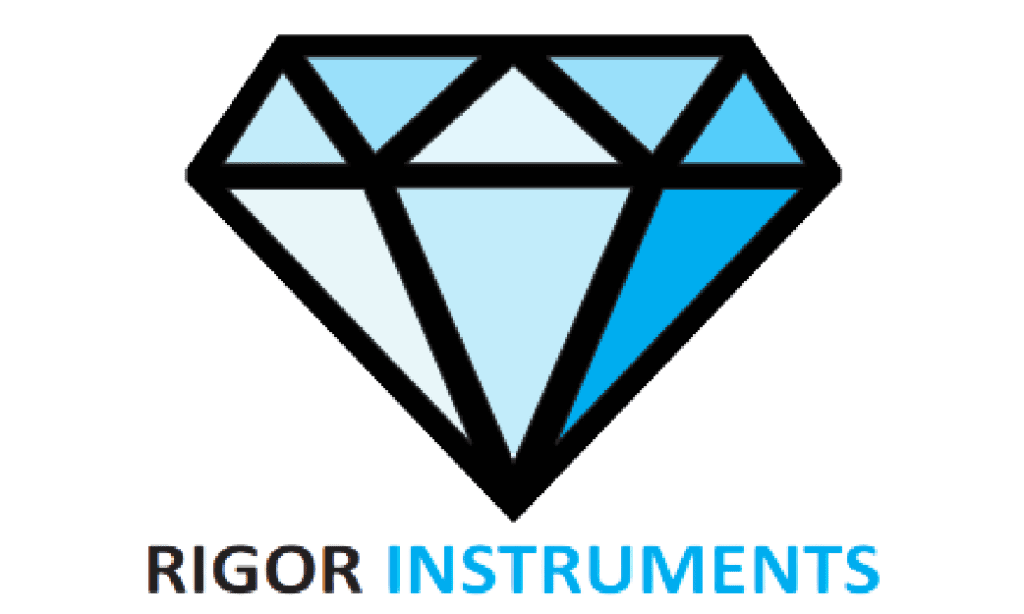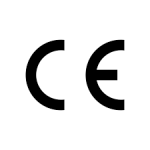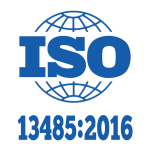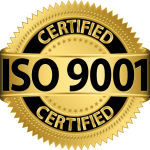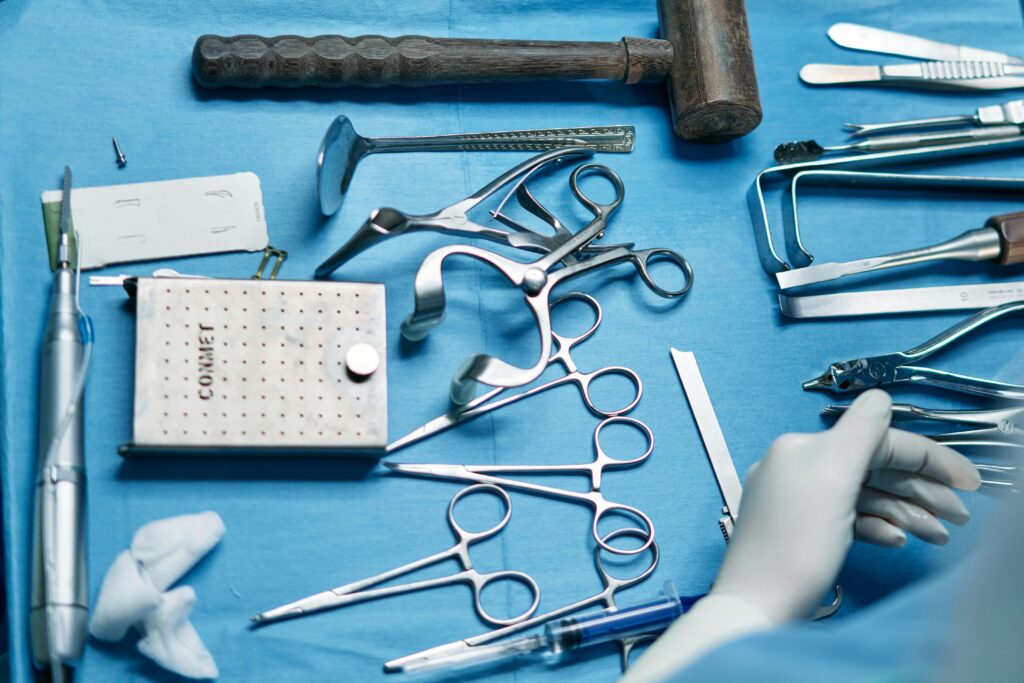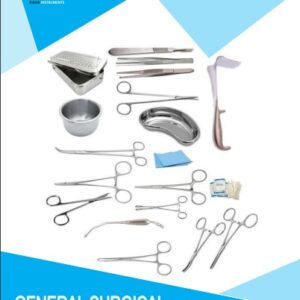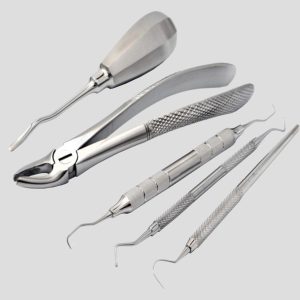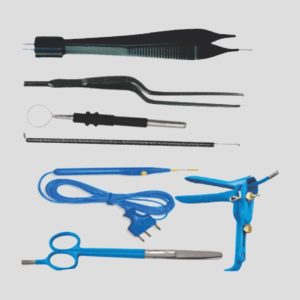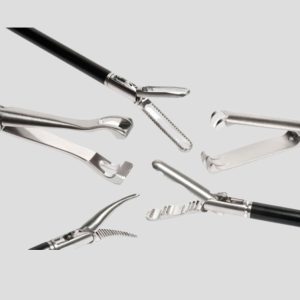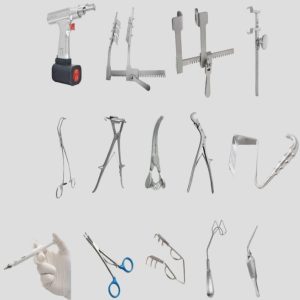Over the last few decades, various kinds of laparoscopic instruments have become the general requisite of almost every surgical procedure in Pakistan. This is due to their efficacy and their positive effects on the general population fueling both, doctors and patients to show interest in it. With a population in access of 240 million people, the need for efficient surgical solutions has never been greater. With increasing knowledge and availability following newer methodologies, laparoscopic surgery is creating its positive impact on practices ranging from Gallbladder surgeries to obstetrical surgeries. In this comprehensive guide we will explain you about what laparoscopic surgery is and how modern instruments influence it.
Getting into the depth of what laparoscopic surgery is:
Laparoscopic operation commonly known as a key whole operation, entails the minimal invasion of body tissues with the use of sharp instruments and lighted television monitors. Commonly done laparoscopic surgeries include cholecystectomy, hysterectomy, gastric bypass and nephrectomy. This type of surgery reduces the trauma to the body thus causing less postoperative pain. This comes along with shorter recovery time and minimal scarring. Smaller the wound of surgical site, lower is the risk of infection. This change is not only reducing recovery time for the patient but also minimizing complications after the surgery. All of this is possible due to better visualization provided by high definition cameras focusing on surgical site. This is exactly why most surgeons prefer laparoscopic surgeries; because of its high precision.
The increase in demand for laparoscopic instruments in Pakistan:
With the ever transforming healthcare industry within Pakistan, the need for enhanced and sophisticated surgical tools and medical instruments has also risen. Laparoscopic tools have emerged as a vital component in meeting this demand. Driven by factors such as patients have become more knowledgeable about their surgeries and favored minimally invasive procedures. There is an increase in awareness and better practice by the medical practitioners regarding laparoscopic surgeries. The setting up of modern surgical centers with better technology has enabled the expansion of this type of surgery.
Importance of surgical instruments in Pakistan’s healthcare system
The market of surgical instruments in Pakistan is changing rapidly. Both domestic producers and foreign manufacturers and suppliers are becoming increasingly important for the growing needs in this field. Consequently, local firms are manufacturing a spectrum of surgical tools that meet international quality standards .At the same time, collaboration with international medical device companies is enabling advanced technologies to enter the Pakistani market. It is crucial to have this supply strategy that is centered on local production alongside some importation to ensure that surgeons have adequate equipment to offer standard care. This is necessarily important as a country with a healthcare system that may experience favorable conditions in urban regions and unfavorable conditions in rural areas. Although cost barriers, customs, and training gaps pose a major setback to the healthcare field, the future prospects for laparoscopic surgery in Pakistan seem bright.
Developmental milestones for laparoscopic surgery and its tools in Pakistan
The future of laparoscopic surgery in Pakistan looks promising, with several trends on the horizon that are expected to shape its evolution:
The government and private sector are spending heavily on the growth of the healthcare facilities. New hospitals and surgical centers are coming up, equipped with latest infra technology for Laparoscopic procedures to benefit the patient. Next is the use of telemedicine that has increased due to COVID-19 and will continue to grow. Tele-surgery can then be used during initial examinations and follow-up consultations before and after the surgery. This is done with an aim of increasing the number of patients that can benefit from laparoscopic surgeries. It can also be predicted that laparoscopic surgery will be advanced over a long time due to further research in surgery and its medical devices. Potential workable solutions and collaborations between local universities and international medical research organizations within the context of the Pakistani setting is also on the rise.
Conclusion:
The boost in the use of laparoscopic tools in Pakistan means a breakthrough in surgical care and recovery. Due to constant innovations in medical devices and health sector there are high hopes for the future of minimally invasive surgeries in the nation. With more and more surgeons adopting laparoscopic procedures as the technology advances, a patient should expect better results. This presents a depiction of the quality of care a patient should expect. The availability of efficient surgeons and improved medical devices is paving a new way for health facilities. In this context, the progress towards the optimization of healthcare particularly surgery remains evolutionary.
Frequently asked questions
- What are some of the basic surgical instruments?
Some common surgical instruments include scalpel, scissors, forceps and trays.
- Is laparoscopic surgery being done in Pakistan?
Yes, laparoscopic surgeries are being conducted in all over Pakistan.
- How can I find a qualified surgeon for laparoscopic surgery?
You can consult your primary healthcare facility to know about the surgeons doing this surgery. Also you can seek referrals and check for prior experience.
- What are the risks associated with laparoscopic surgery?
As with any other surgical procedure, the risk associated with this surgery includes bleeding, infection or injury to surrounding organs.
- How much time does a laparoscopic surgery wound takes to heal?
Healing time depends upon the site of surgery and the postoperative wound care. It ranges from few weeks to a few months.
